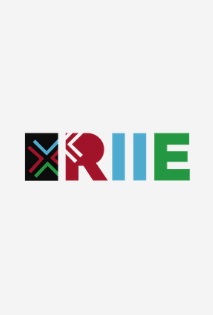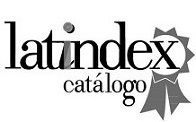University as a boundary? Affirmative action policies for indigenous in Brazil
DOI:
https://doi.org/10.30972/riie.083662Keywords:
Affirmative Action, Indigenous Peoples, Higher Education, BorderAbstract
The theme of higher education for indigenous people in Brazil has raised new spaces of discussion since the first initiatives by Graduation Intercultural courses and Affirmative Action programs, especially in the last decade. This recent experience has provided new discussions, questions and problematized (and evidenced) contradictions and inconsistencies in the educational structure and university of the country. This paper is based on this context to understand how indigenous inclusion policies in higher education has been outlined and the possibilities and a epistemic displacement that the presence of these students have (or not) propitiated the university. The aim is to discuss and analyze what the different uses and meanings of the university for indigenous and how their differences are traded, impacted and recognized at the university. Research has been developed from fieldwork at the Federal University of São Carlos (UFSCar), which since 2008 takes a different entrance examination for admission of indigenous peoples, and monitoring of the National Meeting of Indigenous Students (ENEI), which occurs every year since 2013 organized by indigenous students. Finally, from the reports of the experiences of indigenous students at the university we propose reflection of the university as border as the possibility of understanding a space where it is possible to articulate knowledge, experience at the same time that new markers of difference are listed.Downloads
Download data is not yet available.
Downloads
Published
2016-12-15
How to Cite
Jodas, J. (2016). University as a boundary? Affirmative action policies for indigenous in Brazil. Revista Del Instituto De Investigaciones En Educación, (8), 47–66. https://doi.org/10.30972/riie.083662
Issue
Section
Artículos basados en investigación empírica
License
Aquellos autores/as que tengan publicaciones con esta revista, aceptan los términos siguientes:
- Los autores/as conservarán sus derechos de autor y garantizarán a la revista el derecho de primera publicación de su obra, el cuál estará simultáneamente sujeto a la Licencia de reconocimiento de Creative Commons que permite a terceros compartir la obra siempre que se indique su autor y su primera publicación esta revista.
- Los autores/as podrán adoptar otros acuerdos de licencia no exclusiva de distribución de la versión de la obra publicada (p. ej.: depositarla en un archivo telemático institucional o publicarla en un volumen monográfico) siempre que se indique la publicación inicial en esta revista.
- Se permite y recomienda a los autores/as difundir su obra a través de Internet (p. ej.: en archivos telemáticos institucionales o en su página web) antes y durante el proceso de envío, lo cual puede producir intercambios interesantes y aumentar las citas de la obra publicada. (Véase El efecto del acceso abierto).






.jpg)




